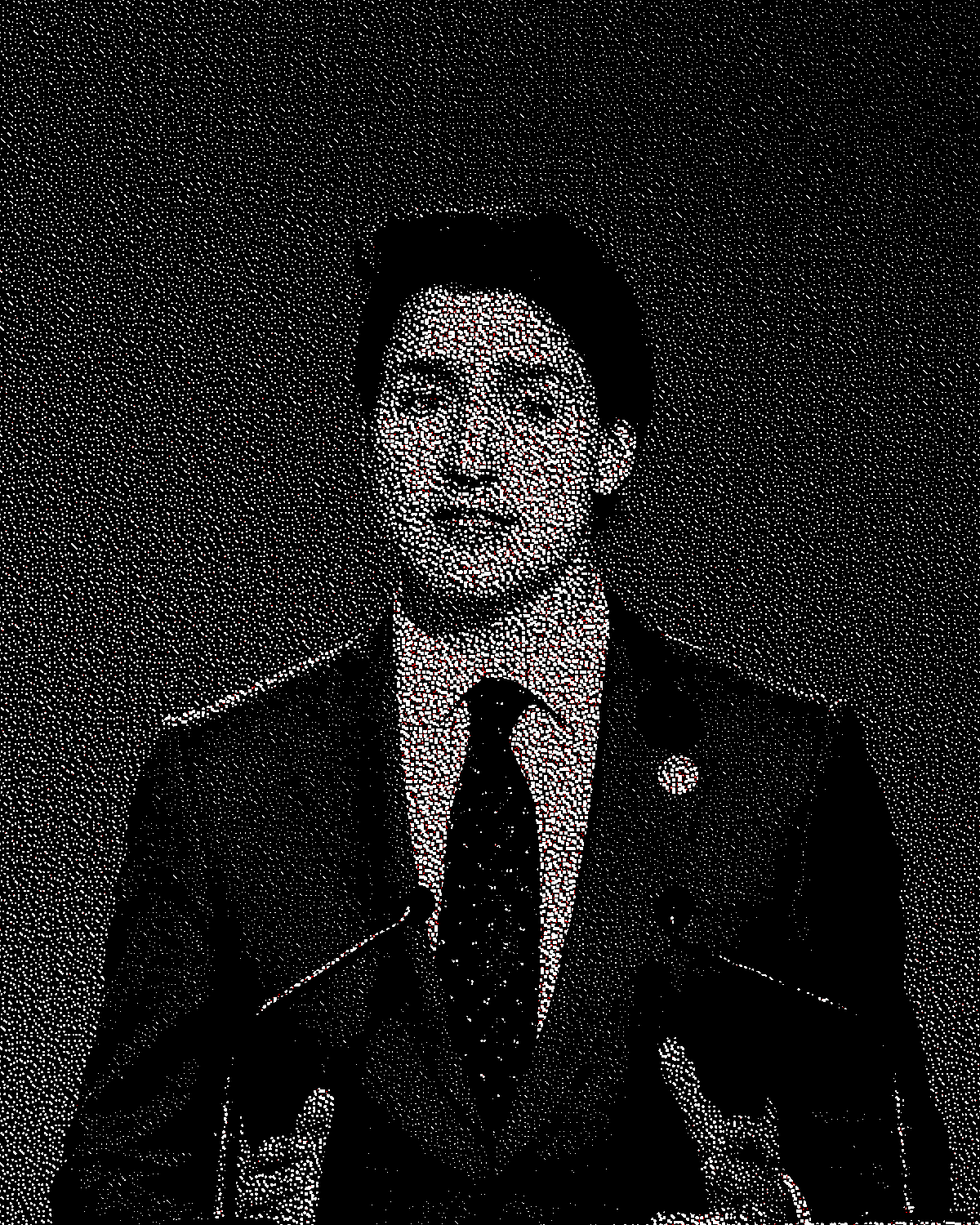Science Communication and Elections
2024 - The Ultimate Election Year
This year is special as the oldest democracy (the US) and the largest democracy (India) in the world are holding elections. Along with them, at least 64 countries in Europe, Asia, and Africa will hold general, parliament and local elections. All told, about half of the world’s population will choose their leaders by this year-end. The ramifications of this year’s elections will resonate for decades to come.
Fittingly, the Time magazine has called this the Ultimate Election year.
Elections are also an industry in themselves. The total money spent on elections globally is hard to track. In the US, its close to $6 billion. In India and Brazil, it’s estimated to be over $2 billion. While some countries like Norway have shifted towards more government spending in elections. All this means that the political shenanigans have been covered in nauseating details. Political ads have blanketed the air-waves. It’s almost impossible to ignore it.
But one key ingredient is missing from almost every conversation — Science. Make no mistake though, this “Ultimate Election” year will also decide the future of science itself as the new elected leaders will decide scientific research funding and scope of international collaboration.
Making science more engaging for the general public and measuring its impact on individuals political decisions is a complicated topic. So here are a few questions, with some commentary, to help shape that debate.
Tl;dr— build your own baloney detection kit.
What is Science Anyway?
From Ethan Siegel — Science is both a process and the full body of knowledge that we have, and it adds up to the best, most truthful understanding we have of the world at any given time. Yet, Science in our schools can seem cold and filled with esoteric details. It can seem like teaching musical notes without actually playing music.
It’s a lot deeper than that. As Brian Greene puts it — “Science is a way of life. Science is a perspective. Science is the process that takes us from confusion to understanding in a manner that’s precise, predictive and reliable; it belongs next to other human pursuits like art & literature”

Even scientist have biases and can make mistakes. Recent book by Saul Perlmutter, Third Millennium Thinking, gives examples of mistakes made by scientists. Like when his team thought they had found a planet orbiting a neutron star. On closer review, it turned out to be background noise from another instrument in the building. They quickly retracted the paper.
Scientific process is built on scientific reasoning — “the skills involved in inquiry, experimentation, evidence evaluation, and inference”. It has allowed us to discover ways to lead healthier lives, understand our world better and leave the bounds of our planet’s gravity.
This process can also be used to evaluate decisions in your daily life and talking points used by politicians.
Consequences of Limited Science Communication?

Science research is not driven by public opinion. Gravity doesn’t care about your local politics. Yet, when we were in the clutches of a global pandemic in 2019 and scientists rushed to come up with a vaccine, many believed it was all a hoax. Not believing in scientific evidence had direct consequences as millions more lost their lives and many will now deal with long-term Covid complications.
Recently, in the aftermath of two Hurricanes in the US, there were unfounded rumors spread that emergency services were trying to do something nefarious. The confusion caused people to refuse help. Not to miss out on the opportunity, MTG tweeted that these hurricanes “were controlled by political enemies of those impacted.” Completely missing from this debate was how did these hurricanes gain so much momentum so quickly.
Reducing science communication makes us susceptible to political manipulation about scientific facts.
Even rarely discussed in the media is the fact Climate science is a triumph of human civilization. Only a few centuries ago we didn’t understand how our planet’s climate worked. There were too many variables to deal with. This is where the scientific process came in to understand climate shifts not only on our planet but also on other planets in our solar system. Take Mars and Venus as examples, each dealing with different extremes. Our climate models helped us understand why Venus is not balmy and why Mars does not have vegetation, as was thought only a few decades ago.
So the question to politicians is not if they believe in climate change, but if they understand climate science!

Political movements are also very eager to use technology to their advantage. In 2016, it was the use of social media around the world that caused havoc. Now, AI is having an outsized-impact. From Wired — “In India and Indonesia, dead leaders are rising to throw their support behind their political successors; in South Africa, the rapper Eminem is endorsing opposition parties; and in the United States, President Joe Biden is telling voters in New Hampshire to stay home. All of these things “happened” — but none of them are real. The generative AI revolution is here, and it’s coming for your elections.”
As the media begins to address issues with AI generated content, we can do more by applying the scientific process of being skeptical and validating claims.
Why does it matter to have leaders who respect Science?
An evidence-based administration can invest in building public-health policies that safeguard our health. Such leadership can also further push back against unfounded opposition to reproductive rights and climate change. Evidence based leadership can reframe these topics more accurately and avoid making them into emotional decisions.

Our leaders can also encourage scientific collaboration across the Globe. As science sees no boundaries. This is even more important in the age of mis/dis-information and global problems like climate change.
Global problems need global solutions.
In Summary
Fruits of scientific labor are all around us. Even the device you’re reading this on would seem like sorcery only a century ago. By making science communication more mainstream, we can be better at igniting the flame of scientific curiosity in our young and keeping it alive in our mature.
This will lead to three main benefits during elections —
Informed Decision-Making: Voters with accurate scientific information can better understand candidates’ positions on issues like climate change, healthcare, technology, and education.
Countering Misinformation: Effective scientific communication can help counteract false claims and provide clear, evidence-based information. In the age of AI, this is going to be critical for democracies across the globe.
Policy Influence: Clear communication about scientific issues can influence policy debates and the priorities of funding of research.
So support more scientific coverage and look beyond the talking points on topics you care about. Critical thinking and your vote are your superpowers. Make it count!
More:
The 2024 Global Elections Super-cycle
The world needs a US president who respects evidence
Can thinking like a scientist help us tackle societal issues?






An interesting read, different from usual science related topics and rightly so due to elections in most countries. Elections are the bedrock of democracy. However all issues are discussed and debated but never on Scientific achievements which affect our daily lives and it’s time serious thought is given in elections for better Evidence based leadership, countering misinformation and informed decision making as Science impacts our lives and our leaders give due attention to it. An interesting topic enjoyed reading it 👍👍
Some great points here, but minds that lap up conspiracy theories are unlikely to distinguish hokum from real science. Doesn’t mean we should stop propagating facts, just that it may be a long time before they filter through the nonsense and start to make impact.